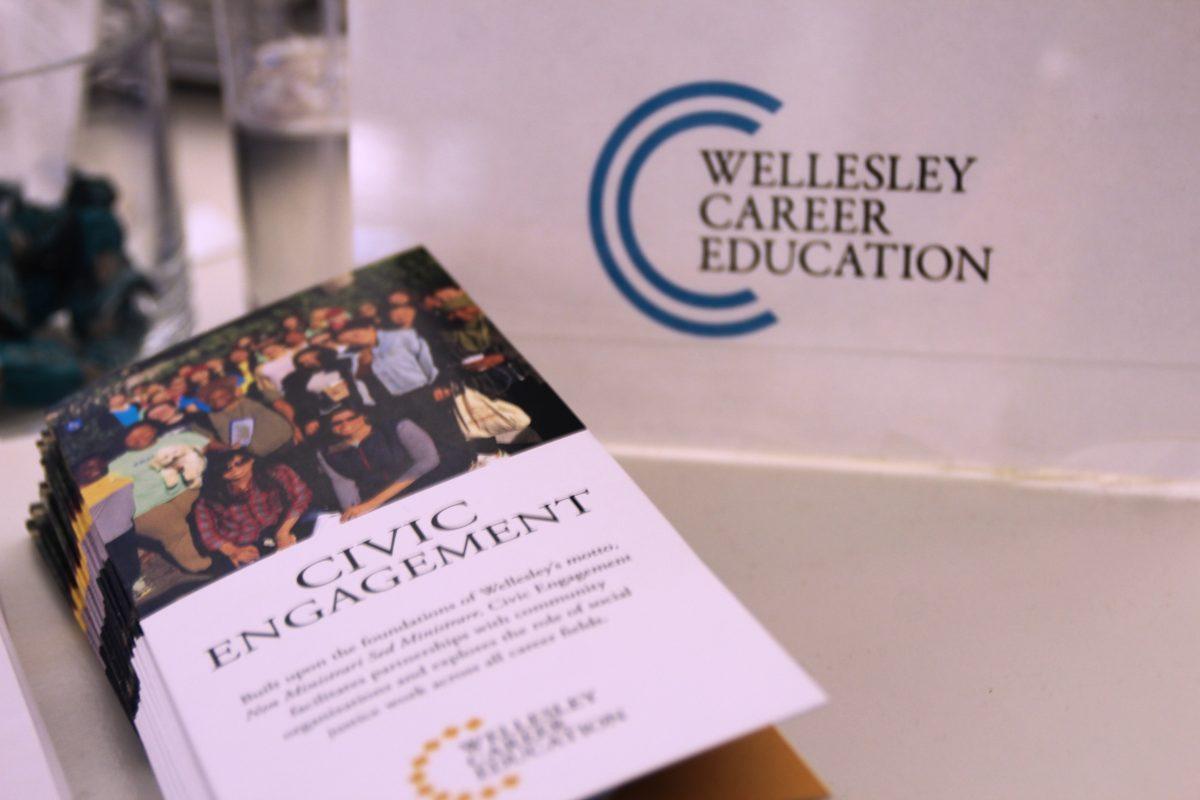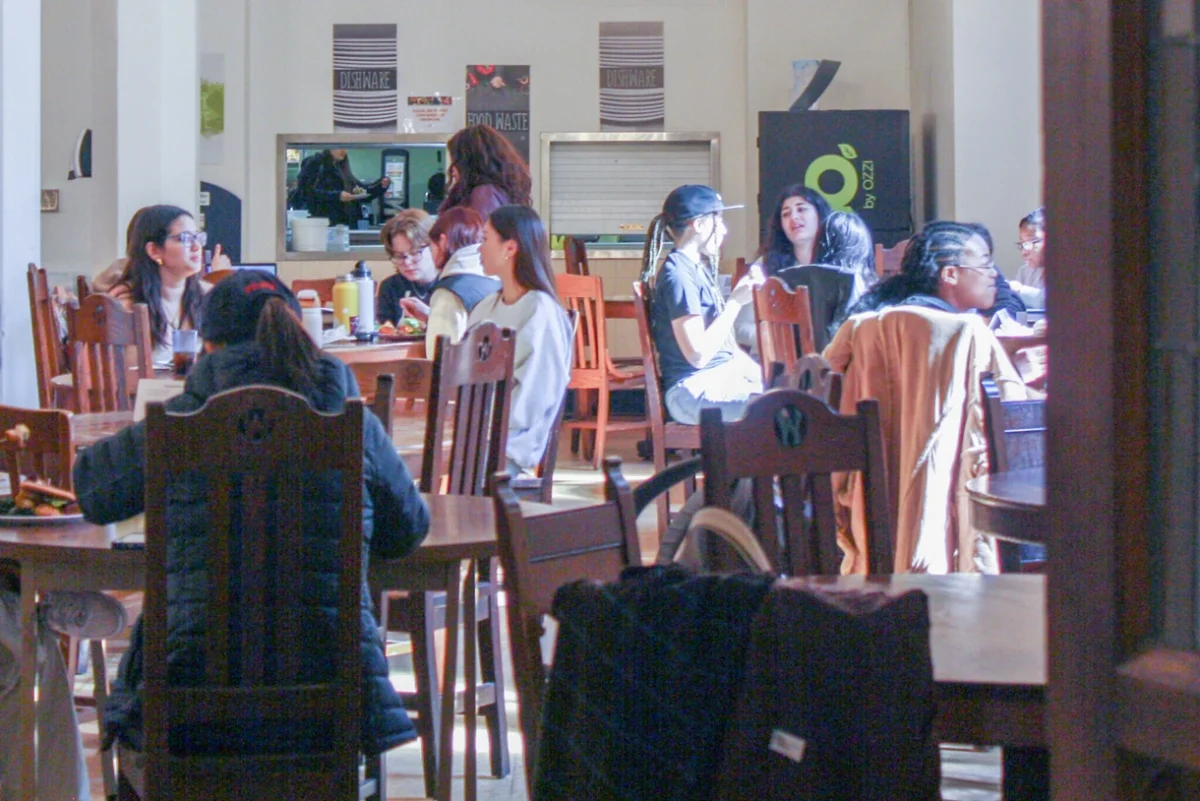The Civic Engagement program under Career Education sponsors a variety of service-based student organizations, including Stronger Community Stronger Schools, Boston Chinatown Neighborhood Center and Science Learning and Mentoring. This semester, the Civic Engagement program staff designed a new model that involves trainings and reflections in order to allow students to take advantage of their volunteer experiences and connect their community service work with career paths such as social justice work, non-pro t work and public health care.
Mehak Sarang ’18, a Ministrare fellow who works with Civic Engagement and oversees programs with minors, explained that the trainings are a new change added to the community service program.
“This is the first time that Civic Engagement [facilitated] the pre-service training. Honestly, it is a new change for all of us,” she said.
The Civic Engagement program introduced these new training services based on feedback from Wellesley volunteers and partnering organizations.
“By talking with our community partners and our Wellesley students, we noticed that there [was] a gap about what the students [needed] to know before they [volunteered] in each service. Creating the pre- service training [allowed] us to ll the gap and help the students to build a foundation of knowledge before they [volunteered] in each community,” said Erin Konkle, the Civic Engagement Program director.
All of the training was finished within the first few weeks of September. During the general training geared towards all volunteer sites, students were able to explore their identities and learn how to relate them to their volunteer experiences.
“Students will learn how to approach the community and to understand that their volunteer places are not broken pieces that needed to be fixed but somewhere with more potential and strength,” said Konkle.
Some trainings offered more specific information about the communities. For example, the training that focused on working with minors taught students about child safety practices outlined by Massachusetts state laws, and how to interact with children under the age of 18. Furthermore, students learned to build relationships with the children, set healthy boundaries and say goodbye to them by the end of the semester.
The South Middlesex Correctional Centre (SMCC) program allows students to work with women prisoners and assist in planning and implementing reintegration programs that build their skills for daily living. Students need to know SMCC rules before they volunteer. In their pre-service training, students learned about the prison system before volunteering at the site.
“Erin’s goal was to make sure that students who work with minors or volunteer in the SMCC know all the legal things and serve responsibly,” said Sarang. “Being responsible and engaged in community service is the final goal of the training.”
Many students have offered positive feedback about the newly implemented pre-service trainings.
“Doing the trainings required this semester are definitely a must, and I thank Civic Engagement for hosting them,” said Hannah Kwak ’20, the president of St. Stephen’s Youth Program. “The ‘working with minors’ training was definitely helpful for new volunteers. It is a useful resource for students [who have] little experience with working with kids or [who] want to learn about helping students of different age groups. The training offers a background for how to interact with children and how to have a positive influence on them.”
Additionally, all students who work in community service are required to attend two reflection sessions each semester. These sessions serve as an opportunity for students to process and debrief their experiences. During the reflection, students will share their volunteer experiences with peers and reflect upon what they have learned.
Civic Engagement also supports student organizations in other ways. In addition to financial support like providing transportation and the grant system, Civic Engagement also provides resources including advising about volunteer experiences and fostering conversations between college mentors and students. Additionally, Civic Engagement works with the fellowship team to help students get internships.
Sarang explained that one of the future goals of the Civic Engagement program is to expand and assist other organizations on campus.
“Civic Engagement is trying to reach out to other student organizations on campus and get them involved,” she said.
Konkle described the relationship between Civic Engagement and student organizations as a collaborative effort.
“Community partners run, students lead and staff support,” she said.





